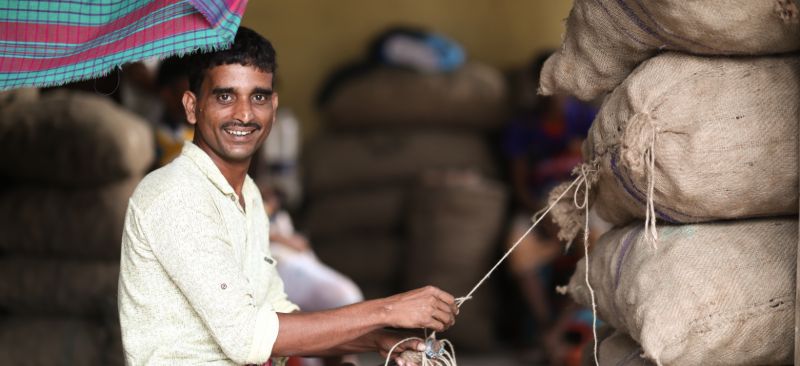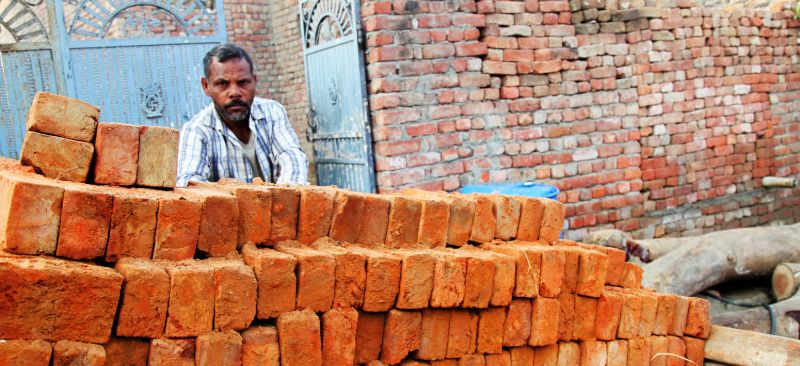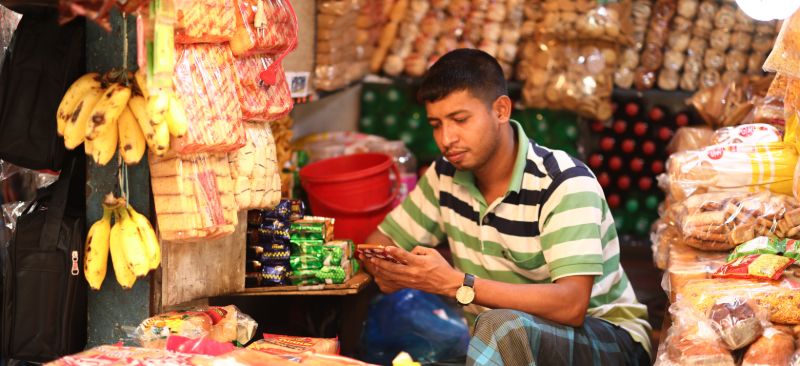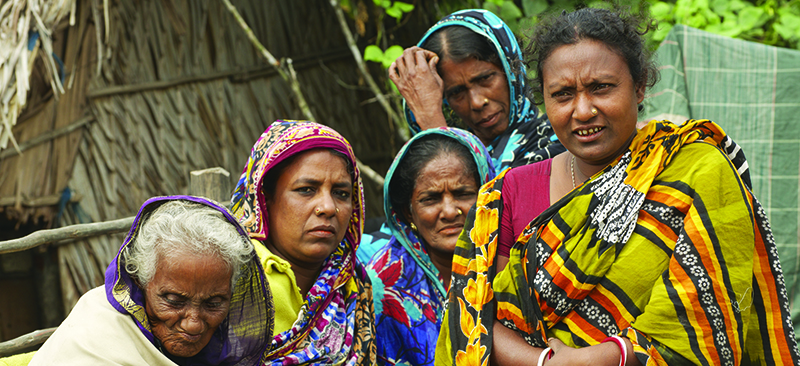Stuart Rutherford
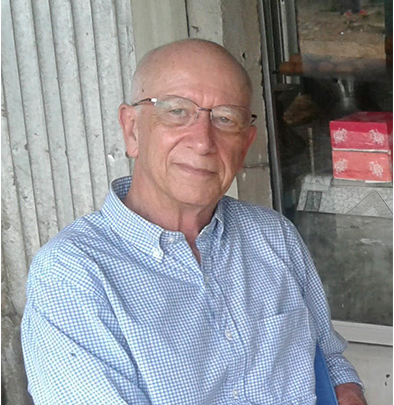
Stuart Rutherford
Financial Inclusion ExpertTrained originally as an architect, Stuart Rutherford later became interested in how poor people manage their money, and how they might be helped to do it better
Trained originally as an architect, Stuart Rutherford later became interested in how poor people manage their money, and how they might be helped to do it better. He has collected details of many financial devices in dozens of countries and has described them in his book The Poor and Their Money. With David Hulme of Manchester University, he devised and then led the first ‘financial diary’ research project, in Bangladesh in 1999. Results from the first crop of financial diary exercises were written up in Portfolios of the Poor, of which he is a co-author. Rutherford has also looked at money management for poor people from the point of view of a service provider, having established the MFI SafeSave in Dhaka, Bangladesh, in 1996, and has also worked as a teacher and consultant. He is married and now lives in Nagoya, Japan.
Posts by Stuart Rutherford
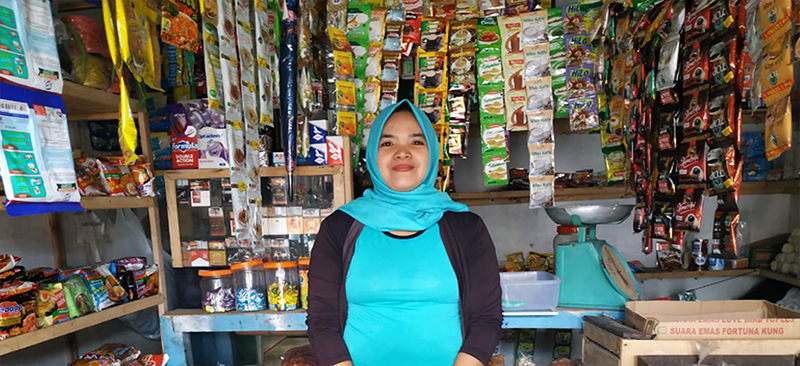 Blog
Blog
Rahul Chatterjee, Yani Parasti Siregar, Rahmatika Febrianti, Manoshij Banerjee, Stuart Rutherford, Md. Kalim Ullah and Alfa Pelupessy

